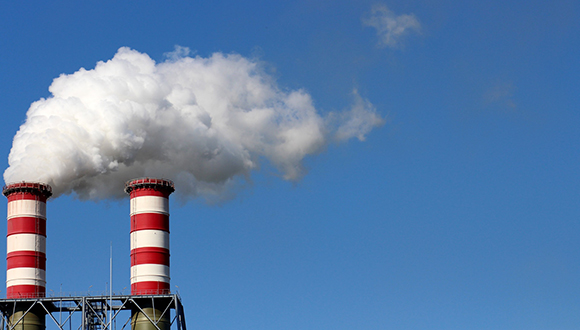Pollution
On science, environmentalism and optimism
The human footprint on Earth is undoubted and inevitable to some extent . Science and technology, far from contributing to create more inequalities, must be able to mitigate these impacts, contribute to progress and improve the welfare of all the people in the world.

The Salton Sea
Jaume Terradas explains how an error in channeling the water of the Colorado River in California created a large artificial lake that, now, is endangered by the great water demand from the crop fields and nearby cities.
On paintings and books
Two paintings and one book that lead Jaume Terradas to think about how historical changes and human nature often don't coincide with art and with the preservation of the natural world.
Achieving the COP21 agreements is currently far-fetched
The COP21 set the maximum temperature increase for 2100 at 1.5° C. The only scenario which would allow achievement of this goal would require vastly reducing human CO2 emissions, significantly increasing the prominence of renewable energies, and the use of some type of artificial carbon sequestration technology.
Phosphorus, once only a nutrient, has become a contaminant on a global scale
Freshwater ecosystems near densely populated areas have levels of phosphorus which are very high and out of balance with nitrogen levels. This has resulted in altered ecosystem functioning, lower water quality, and has made water conservation more difficult.

